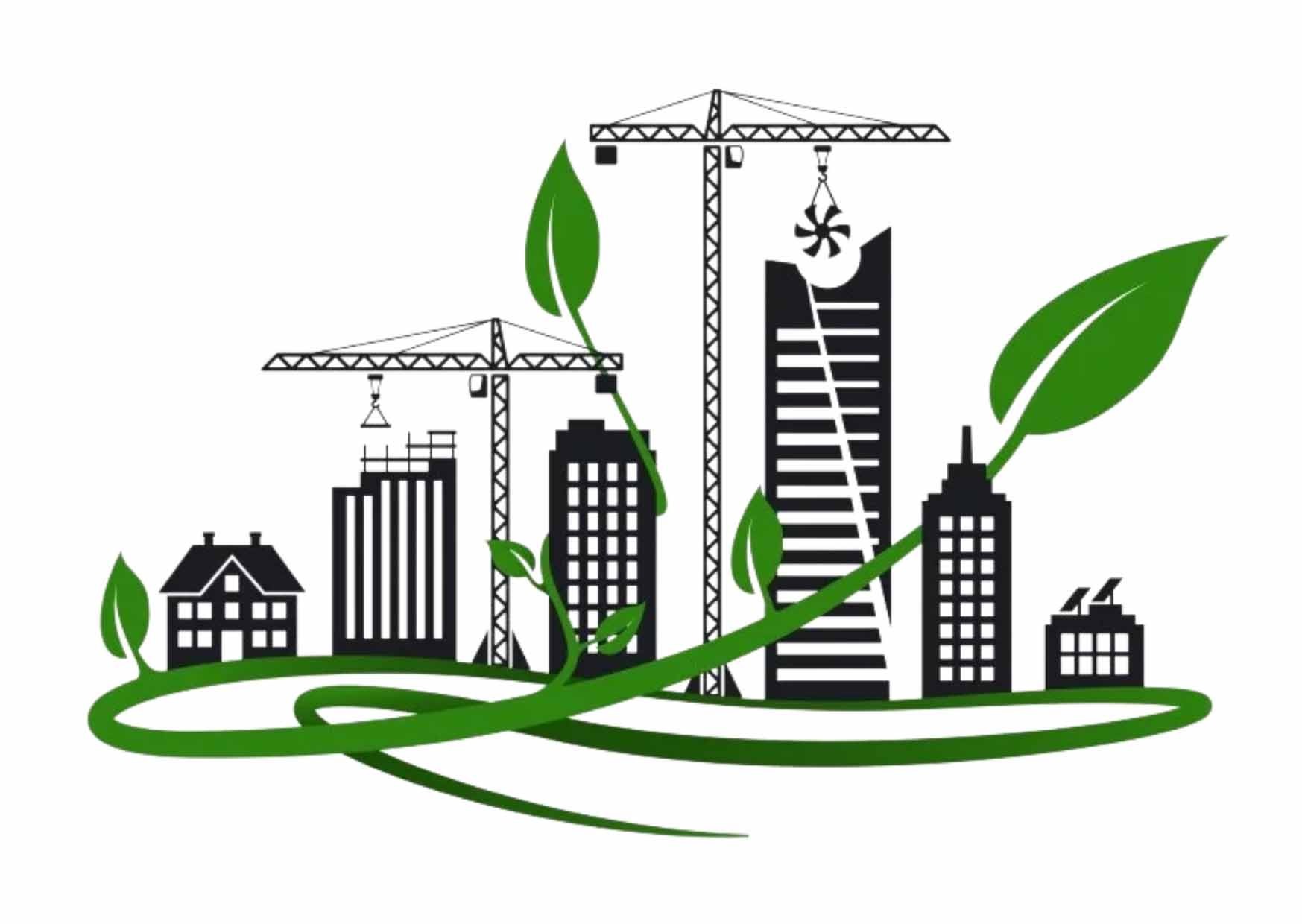
How the Pandemic is Affecting Project Delivery, a blog post by Brad Egeland.

Brad Egeland
Named the "#1 Provider of Project Management Content in the World," Brad Egeland has over 25 years of professional IT experience as a developer, manager, project manager, consultant and author. He has written more than 7,000 expert online articles, eBooks, white papers and video articles for clients worldwide.
The Coronavirus (COVID-19) has been here for a year and is still greatly impacting a majority of the world right now. Organisations around the world are sending their workers home to work, restaurants are closing, grocery stores are limiting their hours and can’t keep products on the shelves long enough for panicked shoppers to stock up on. Schools and Universities are closed. Sports leagues like the National Basketball Association (NBA) and the National Hockey League (NHL) suspended play and are playing shorter seasons with no one in the stands. Even the casinos here in Las Vegas shut down, opened up to minimal traffic and are considering shutting down again. The idea is to avoid gatherings of people where the virus can spread. It’s the only way to win and eventually stop the virus from spreading.
Big tech companies are taking it seriously as well. Workers are being sent home to work. Giants like Facebook, Microsoft and Twitter wisely started the mass exodus and others and others are following suit. The world wide numbers of infected individuals and deaths are still rising daily but these measures will help.
But how about our tech projects? How does the virus and the movement to work remotely affect projects starting up or that are in progress? If you are a project manager or project centric organisation, you know very well that risk planning is critical. If you haven’t already been sent home to work, let's consider what the overall affect to tech projects, project managers and teams will be in project centric organisations and when the next emergency like this comes up..
1.Project opportunities will dwindle.
There’s no doubt about it, therefore tech revenues will dwindle as well. The tech arm and tech organisations are going to have to look at finding ways to grow more projects from existing clients. I’m not saying that remote project managers need to make sales, but every project manager should be eyeing potential needs within their client’s organisations for need gaps you can fill with new project opportunities or change orders on current projects that expand the revenue footprint of the current projects in motion.
2.Third party vendors will be closed or will not have available supplies to ship.
This is going to have a major concern and one looked at as a very likely risk and planned for as well. What if you can't get the critical database update from a third party vendor completed in time for it to be used for a project in May as documented in your project timeline? Timelines are going to slide - no question. But how will it affect the project overall? Have you planned for that potential issue? Will end users still be able to get project delivery from you within the necessary timeframe? When we are faced with these situations then sometimes the timeline will need to be put together with the thought of “under promise and over deliver”. Don’t set the customer expectations too high from the beginning. Be sure they also know and agree to the risks.
3.Remote work must happen.
Again, when it's serious and people need to be separated from each other, remote work and remote projects will happen. Be sure you have the right people who can handle it and won’t fail under pressure. Organisations in the future are going to want to consider stocking their teams - at least to some degree - with individuals who have experience being very productive and effective in the work from home environment. Look for project managers who have successfully led projects while possibly never having met their team face to face. Not everyone can do it - organisation is key and being an excellent communicator is critical.
4.Virtual teams will be the most productive.
If you have virtual teams already in place, then you are best prepared to immediately realise efficiency and productivity in your project delivery. That equals project success and customer satisfaction. Remember, the customer is affected as well and very stressed in situations like this. You want to ease their minds that your project will be successful. Having talented individuals working remotely already delivering projects will help them stay confident and stay long term project clients for your organisation. Be ready to deliver when events like this happen. Use it as a selling point going forward. Embrace the fact that when this is all over, remote projects and virtual teams may be the new norm and that's a good thing. You can get the best workers now without having to bring them onsite to work. Costs can go down while productivity goes up. It can be a win-win situation.
5.Organisational leadership will be affected.
No doubt that organisational leadership will be affected. Will senior management help make decisions on projects? Do you have great communicators and experienced decision makers in place leading teams and projects so reliance on senior leadership during emergency situations like this is kept to a minimum? They are going to have many things to worry about and remote teams that are prepared to run with the project and make key decisions are going to win and keep the project on track as needed. Plan for that in the organisation's workforce makeup and teams must plan for that as a potential risk.
This pandemic is going on right now and more organisations are taking drastic measures to help mitigate the spread of the virus. Will this happen again in our lifetimes? It could. Will a movement to remote work, remote teams and virtual workforces help on project delivery? I definitely think so.. And I believe this current move will leave us in a new situation where working from home - especially project delivery - will be the new norm. Organisations will see the benefits and productivity gains and employees will be confident that they can make it work and achieve a nice work-life balance.





























